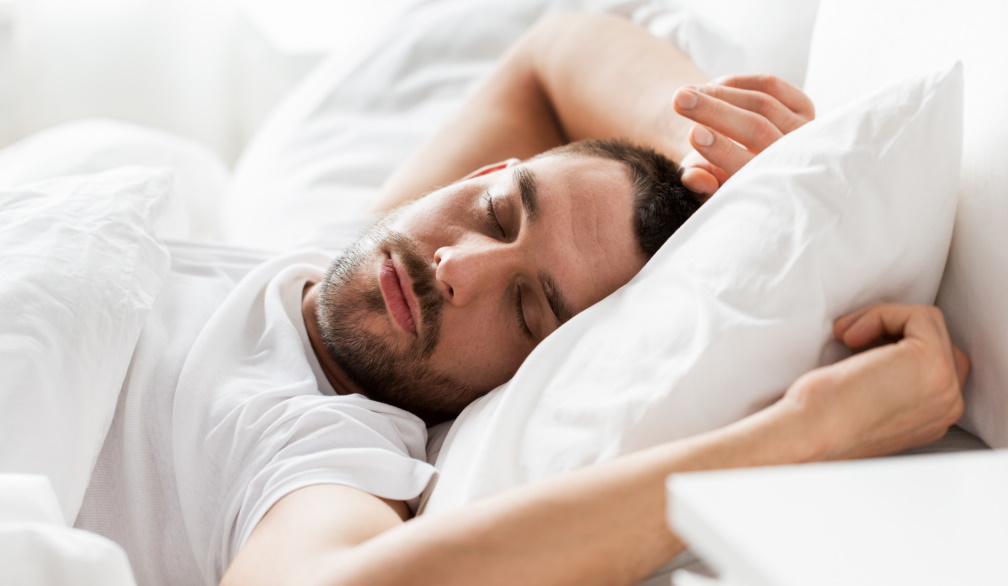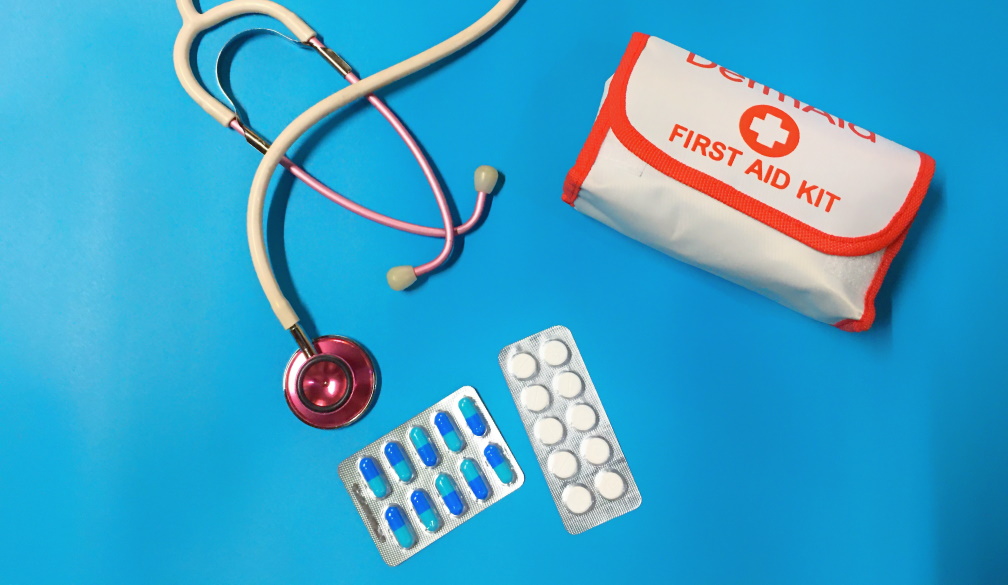Sleepless Australia: How to take control of those sleepless nights

High rates of poor sleep are having tangible and widespread negative impacts on the mindset and mood of Australians, as World Sleep Day approaches, new research conducted by The Sleep Health Foundation in partnership with MELOTIN MR, revealed almost two thirds (64%) of Australians adults between 18 – 55 years felt that poor quality sleep affected their motivation to enjoy life to the fullest.
Further, after a bad night’s sleep, respondents were more likely to report a decline in physical activity, healthy eating habits and time spent outdoors, and a general experience of feeling more negative.
Whilst analysing the data, Emeritus Professor Dorothy Bruck, Sleep Health expert and Sleep Psychologist explained, “these results indicate that unfortunately, the mental and physical knock-on effects of poor sleep can lead to more poor sleep, resulting in a vicious cycle”.
From a physical point of view, we also know that ongoing poor sleep habits can have serious and lasting impacts on our health, increasing the incidence of cardiovascular disease, weight gain, diabetes and even memory issues," explains Professor Bruck.
For those struggling to get a quality night’s sleep, Professor Bruck shares her top tips:
Wind down before bed
"Try and give yourself at least one hour between any stimulating evening activities and bedtime. Turn off screens that emit bright light, particularly the cool blue light that suppresses melatonin. Instead, turn to relaxing activities like reading, listening to music, chatting, having a warm shower, or drinking a warm non-caffeinated, non-alcoholic drink to wind down."
Avoid stimulants
"Beverages such as coffee, tea, cocoa and some soft drinks contain caffeine should be avoided close to bedtime. If you have difficulty sleeping, a good rule of thumb is no caffeine after lunchtime."
Routine is good, especially a getting up routine time
"Waking up in the morning at the same time will prepare your body clock to fall asleep at reasonable and similar times each night. Try not to sleep in longer than one hour past your regular wake up time on weekends. Any longer can disrupt your body clock and lead to sleep deprivation."
Naps can interfere with night-time sleep
"Taking longer naps throughout the day or falling asleep in front of the TV can reduce your sleep 'drive' at bedtime, making you feel more awake during the night. A short afternoon nap is OK but naps longer than 20 minutes or evening naps can be a problematic pattern to get into."
Eliminate external disturbances in your bedroom
"If you are a light sleeper or have trouble returning to sleep, try and reduce or avoid persistent disturbances that can come from light, pets or snoring partners. Consider earplugs, eye covers and better curtains."
Avoid Alcohol
Many people think a glass or two of wine helps them relax and fall asleep more quickly, but the reality is that alcohol interferes with the natural sleep patterns and makes it more difficult for your body to stay in a sound sleep cycle. So in the morning, you'll likely feel tired and reach for a stimulant like coffee, starting a stimulant relaxant cycle we want to avoid."
Talk to your pharmacist or your healthcare practitioner
If you're struggling with your sleep patterns, talk to your pharmacist or healthcare practitioner. It's crucial to address contributing medical conditions like sleep apnoea or nocturnal reflux. In some circumstances, that is those over 55 supplements like melatonin, the body's natural sleep hormone, can help to get your body back into its natural rhythm."







